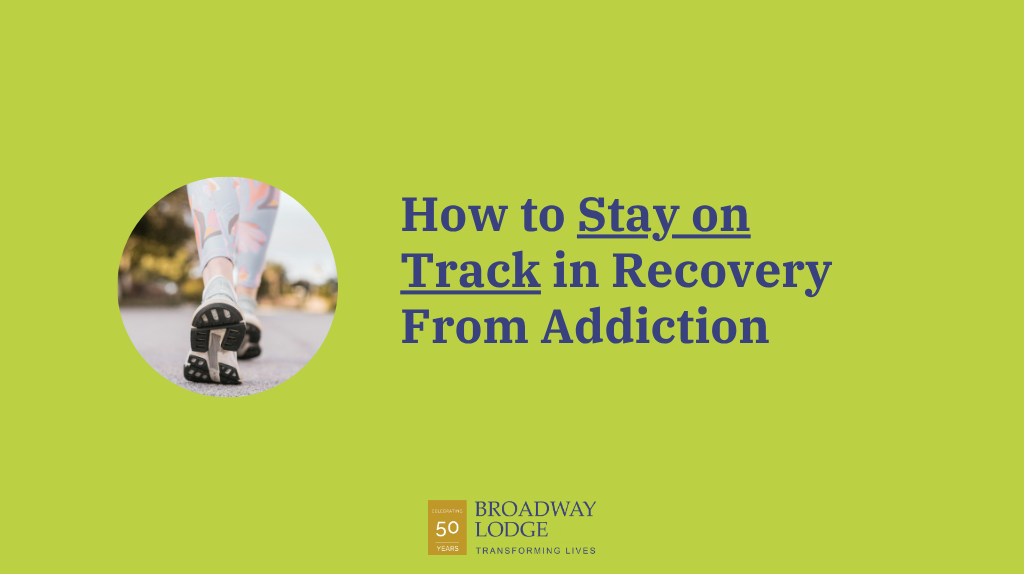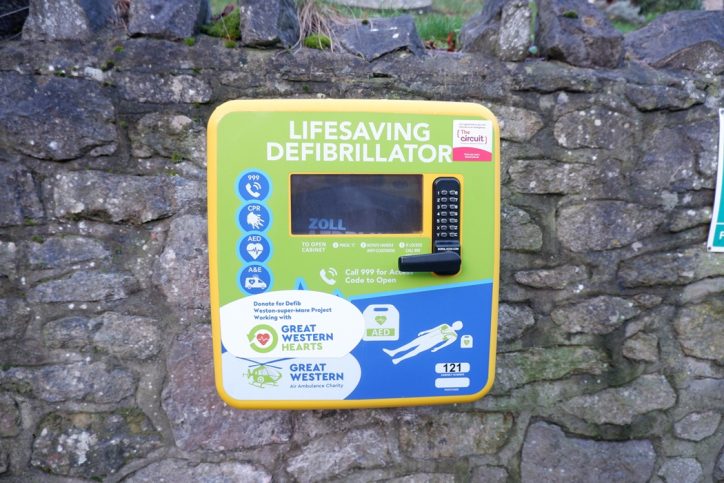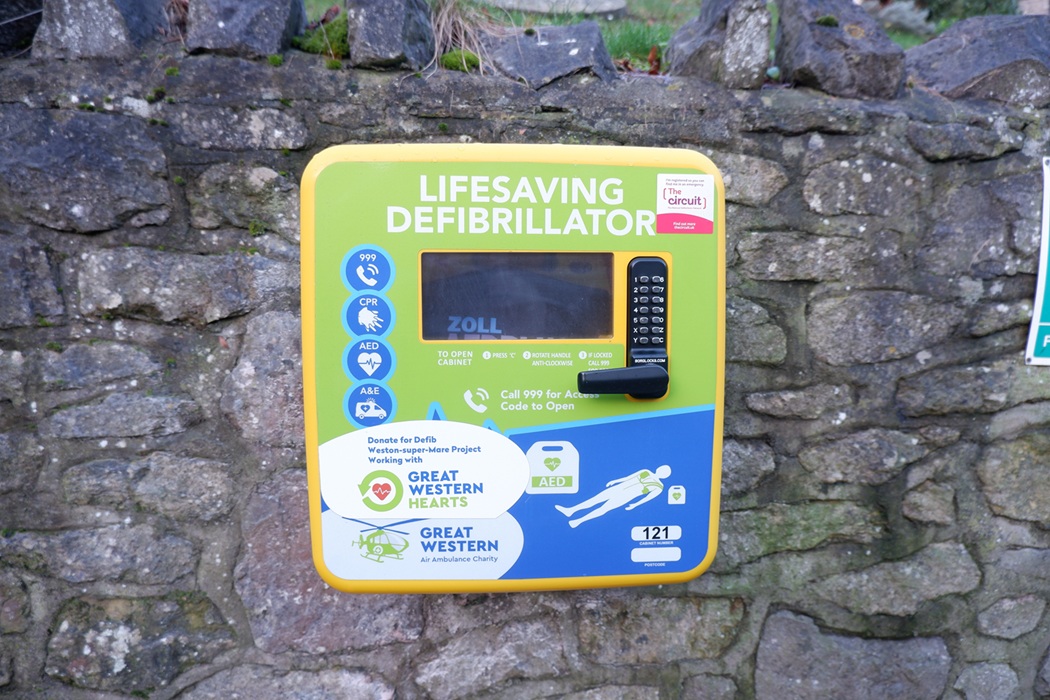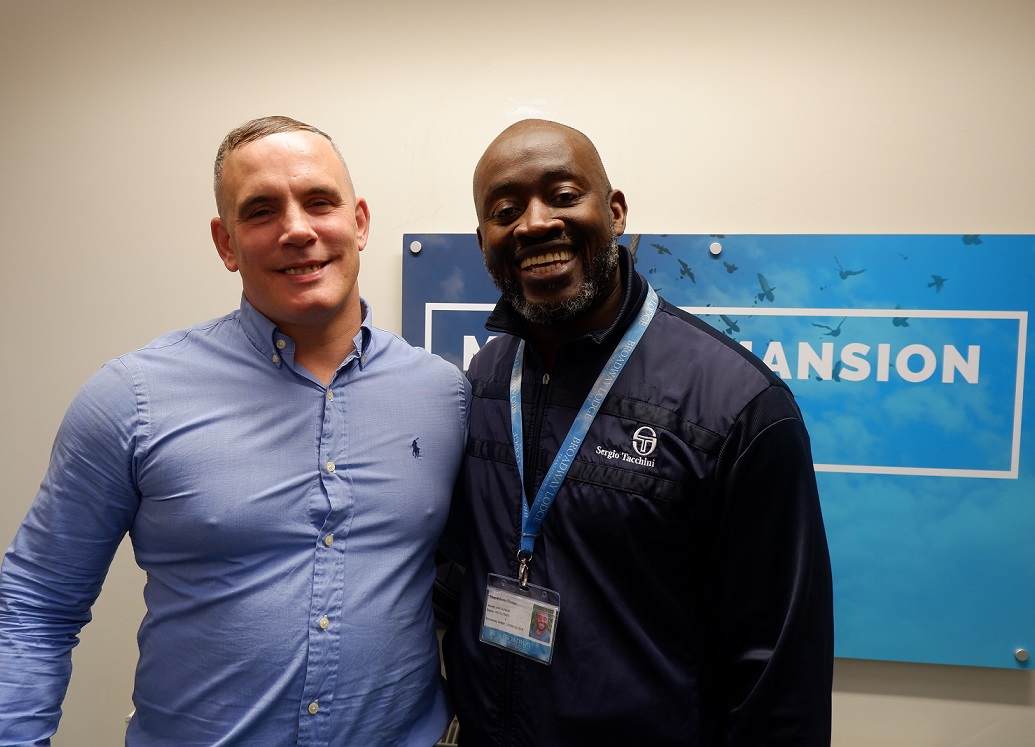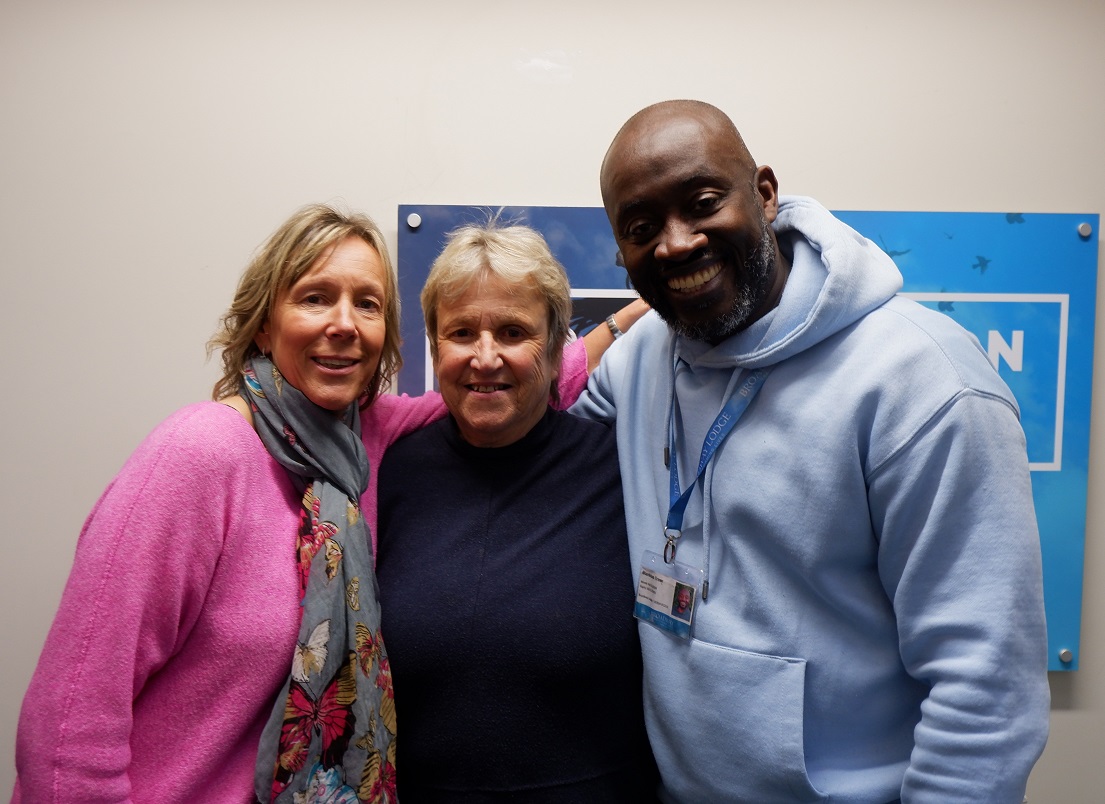Recognise early signs of relapse such as mood changes or isolation.
Build a relapse prevention plan with healthy routines, support and aftercare.
Long-term recovery is an ongoing commitment. Weeks, months or even years after completing treatment, many find themselves unexpectedly facing familiar urges or thought patterns. Recognising the warning signs early and equipping yourself with practical tools can make all the difference.
Nobody is immune to relapse. Addiction is an illness that is cunning, baffling and powerful. This post will guide you through the signs to watch for and, crucially, strategies to help maintain your progress and wellbeing.
Spotting the early signs of relapse
Relapse is not simply about picking up a drink or drug again. It often begins with more subtle changes in thoughts, behaviours and emotions before old habits return. Learning how to spot these early can help you take action before things escalate. The signs of relapse may at first feel small or ordinary. They might include:
- Changes in mood – Persistent sadness, anxiety, anger, frustration, stress or irritability that lingers more than usual.
- Withdrawn behaviour – Avoiding friends, family or recovery meetings that once felt supportive.
- Being closed-off – Not sharing with your sponsor or at meetings.
- Neglecting self-care – Struggling to maintain daily routines, hygiene, healthy eating or sleep.
- Old thinking patterns – Believing “one won’t hurt”, minimising consequences, or romanticising past use.
- Loss of interest – No longer enjoying hobbies or activities that previously brought pleasure.
- Dishonesty – Lying to yourself or others, making excuses or hiding how you truly feel.
- Being in self-pity
If you spot any of these in yourself or a loved one, take them seriously. Early intervention is always preferable to waiting for a full slip. Get in touch with us for support.
Triggers that increase the risk of relapse
Recognising these triggers means you can take steps to plan ahead and protect yourself. Everyone’s triggers are unique, but there are some common situations that frequently cause difficulties:
- High stress – Work pressures, money worries, relationship struggles or health problems.
- Social situations – Parties, pubs or gatherings where alcohol or drugs are present.
- Boredom or loneliness – Unstructured time or feeling isolated can be dangerous.
- Complacency – Believing you are “cured” and no longer need to engage with recovery support.
- Major life changes – Moving house, changing jobs or experiencing loss can unearth old patterns.
Building a personal relapse prevention plan
No single approach works for everyone, but a personalised plan will help you safeguard your long-term recovery. Below are practical steps you can adapt for your circumstances:
1. Stay connected
Continue attending 12 Step fellowship meetings, therapy sessions or support groups. Regular connection with people who understand can make you feel less alone and more accountable.
2. Be honest
Share openly and honestly about how you’re feeling, especially when things feel difficult. If you are struggling, reach out sooner rather than later. Confiding in a trusted friend, sponsor or professional can be a lifeline.
3. Look after the basics
Healthy routines matter. Prioritise sleep, eat well and keep physically active. Even a brisk daily walk in the fresh air can lift your mood.
4. Recognise and manage triggers
Identify your personal triggers. Keep a list if it helps. When you notice them, use alternative coping strategies like breathing exercises, distraction, talking to someone or removing yourself from risky situations.
5. Fill your time
Find activities and hobbies that give you purpose, whether it’s volunteering, learning something new or creative projects.
6. Plan for difficult moments
Have a plan in place for when cravings or urges strike. This might mean calling a recovery buddy or sponsor, having numbers saved for local support services, or practising simple grounding techniques.
7. Don’t neglect aftercare
If you’ve finished formal treatment, stay engaged with aftercare programmes. Many UK rehabs, such as Broadway Lodge, offer ongoing support groups. Check out our latest support groups here.
Support for family and friends
Relapse doesn’t just affect the individual – it impacts loved ones too. Family and friends can help by remaining supportive, encouraging honesty and being part of a healthy recovery environment. If you’re supporting someone, consider joining a family support group yourself. You can join our free, monthly family group support programme here.
When a relapse happens
If you do slip, it does not mean you have failed, nor that recovery is beyond reach. Many people who sustain long-term recovery have experienced setbacks along the way. The most important thing is to reach out, ask for help and return to the tools and support that work for you. Try to go to at least one 12 Step fellowship meeting a day for 90 days and engage in any aftercare or local support available to you.
Useful resources
Help is available should you need it:
- Broadway Lodge: Residential treatment, aftercare and family programmes.
- NHS Alcohol and Drug Services: Free advice and local referrals.
- Peer-led 12 Step support across the UK such as Alcoholics Anonymous, Narcotics Anonymous and Gamblers Anonymous
- Families Anonymous, Addiction Family Support and Adfam: Support for families.
Moving forward with confidence
Relapse prevention is an ongoing process, not a one-off task. It’s about staying honest, staying connected and forgiving yourself if mistakes happen. Each day offers a fresh chance to choose recovery – every step, no matter how small, takes you further forward.
If you or someone you know are concerned about warning relapse and need support, contact us to find out about treatment at Broadway Lodge, call our admissions department on 01934 815515 (9am-5pm Monday to Friday) or email hello@broadwaylodge.og.uk.

